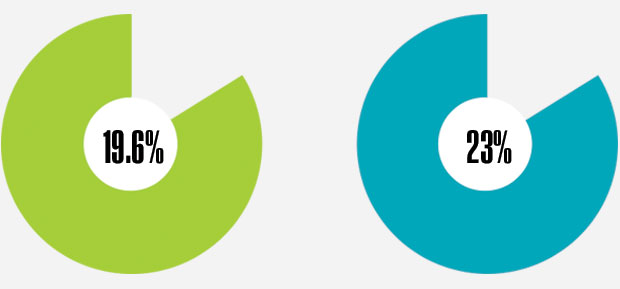Hey, Big Spender
As continued economic growth raises incomes, what will we buy with our extra cash? Sports cars? Bigger houses? Fabulous shoes?
Nope, says Assistant Professor of Markets, Public Policy & Law Keith M. Marzilli Ericson. “We are likely to spend a larger fraction of our income on health care: as we get richer, additional consumer goods will matter less, compared to increased life span and higher quality of life.” So, get ready to drop some dough on home health care aides, assisted living, long-term care, and health care technology.
And what about people who don’t see their incomes rise in the coming years? “There will be a debate,” says Ericson, “over the extent to which health care should be financed through the tax system (which will become increasingly difficult as we spend a larger share of GDP on it), versus through individual and/or employer contributions (which can lead to troubling inequality).”
Additionally, says Ericson, managing our medical conditions will become increasingly complex, and we’ll need better processes and technologies to coordinate that care. We’ll also need to develop incentive systems for health care providers, perhaps along the lines of the accountable care organizations that have increased in popularity since the passage of the 2009 national health care reforms.

Health spending in the US is projected to reach $4.8 trillion and comprise 19.6% of GDP by 2021.
(That’s up from $2.7 trillion and 17.9% of GDP in 2011.)
1.7 billion people—23% of the projected population—will download health-related apps to their smartphones by 2017.
Sources: Centers for Medicare & Medicaid Services, Office of the Actuary (left) and Research2Guidance UGs (right)
